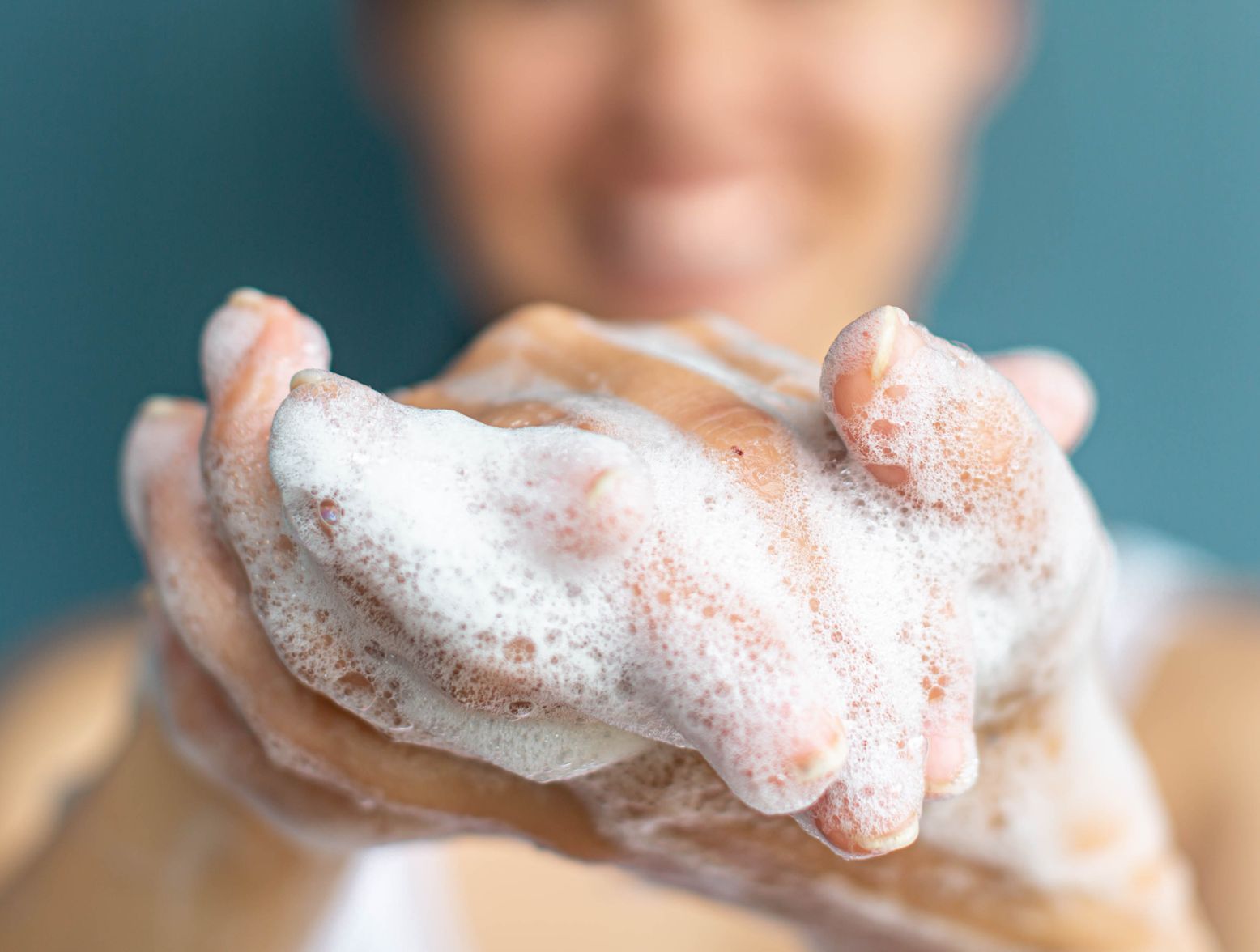What to Do If You Looked at the Sun Without Eclipse Glasses
The April 8 total solar eclipse was a spectacular event that won’t happen again in the continental U.S. until 2044. But, what if you looked at the sun without eclipse…

Getty Images / licsiren
Getty Images / licsirenThe April 8 total solar eclipse was a spectacular event that won't happen again in the continental U.S. until 2044. But, what if you looked at the sun without eclipse glasses? Moreover, what if you did have eclipse glasses but your eyes still feel funny today? With this being such a rare occurrence, it's no wonder why so many people drove hours, or even further, to get a glimpse of the eclipse. The same could be said for those who wanted to sneak a peak without eclipse glasses. That's not a good idea, of course.
You Looked at the Sun Without Eclipse Glasses - Next Steps
So, you looked at the sun without eclipse glasses. The bad news is that looking at the sun even for a small amount of time during an eclipse can cause eye damage. Even looking just a moment without the right eye protection can cause temporary or permanent eye damage, including blindness. You can't just use regular sunglasses. You need to have ISO-certified solar eclipse glasses, which block roughly 1,000 times more sunlight.
Dr. Yehia Hashad, an ophthalmologist, retinal specialist and the chief medical officer at eye health company Bausch + Lomb, tells CBS News that there are certain warming signs to look out for after looking at the sun during an eclipse. Those include headaches; blurred vision; scotomas, or dark spots; color changes (you don't see colors the way you used to); and distorted lines, known as metamorphopsia. He adds that these symptoms could be happening in just one eye or both eyes. He also said that the problems won't necessary show up until one to a few days after the viewing.
So, what do you do if you start getting these symptoms? Hashad says to "immediately" go to an ophthalmologist. While there's nothing you can really do to prevent damage after the fact, an ophthalmologist can help you monitor symptoms and do what you can to heal up as much as possible. As for how long the damage lasts, you could get back normal vision, but sometimes, the damage lasts forever. According to David Hutton for Ophthalmology Times, researchers have determined that you might heal over time. But, the study points out that some people have experienced permanent damage and impaired vision, including permanent blindness, from looking at the sun without eclipse glasses. That's why being pro-active is so important. In summary, if you looked at the sun without eclipse glasses during the eclipse, monitory your symptoms and see a professional.
When people think of the months when they usually get sick, it's usually the winter months. But, don't be fooled. Summer illnesses are a real thing, and sometimes, they can hit harder than the winter ones. So, what are some common illnesses people get in the summer, and how do you avoid them?
Summer vs. Winter
First, let's talk about the whole summer vs. winter debate. As it turns out, yes, people do tend to get sick in the winter more than the summer. That said, a summer illness can be just as severe as one you'd get in the winter. One reason people tend to get sick more in the winter is because everyone is cooped up indoors. According to Atlantichealth.org, "While this may keep you warm, it also increases your exposure to germs because enclosed spaces offer different circulation and ventilation than being outdoors. If there's a virus in the air, you have a higher chance of catching it." In addition, the winter months are colder, obviously, and that coldness could hit your immune response, especially inside your nose.
So, in the winter months, respiratory illnesses like COVID-19 and RSV are much more prominent. Then, in the summer, there are still summer illnesses and viruses out there, but they tend to be different viruses. "Generally speaking, summer and winter colds are caused by different viruses," Dr. Michael Pichichero, a pediatrician and infectious disease researcher at the Rochester General Hospital Research Institute in New York, told Newsinhealth.nih.gov. "When you talk about summer colds, you’re probably talking about a non-polio enterovirus infection."
Allergies or a cold?
It's worth noting that in the summer months, a cold can be mistaken for allergies, and the opposite. "Summer colds can be mistaken for allergies due to prolonged symptoms," Centracare.adventhealth.com. "Because of the this, we may neglect to rest and properly medicate ourselves." So, how do you tell if it's a cold or allergy? There are a few ways you can try to find out. Centracare.adventhealth.com notes that one major difference is that having aches and feeling achy usually means you have a cold, as allergies won't cause those kind of pains. Also, having a fever is more associated with being sick, as having allergies shouldn't cause a high temperature. Also, allergies tend to last a long time, whereas a cold should get better sooner. Obviously, check with your doctor if you aren't feeling well and aren't sure if it's a cold or allergies. Now, let's get into the most common summer illnesses and how to avoid them.
Most Common Summer Illnesses:
1. Lyme Disease
Lyme Disease is a big one in the summer. Lyme disease is transmitted through tick bites, which are often living in areas with tall grass or the woods. Some common symptoms include fever, fatigue, headache and a bullseye rash. To help avoid getting tick bites, try to avoid areas with tall grass and wooded areas; wear long sleeves and pants outside; use insect repellent; and look for ticks on your skin and remove them if you find them.
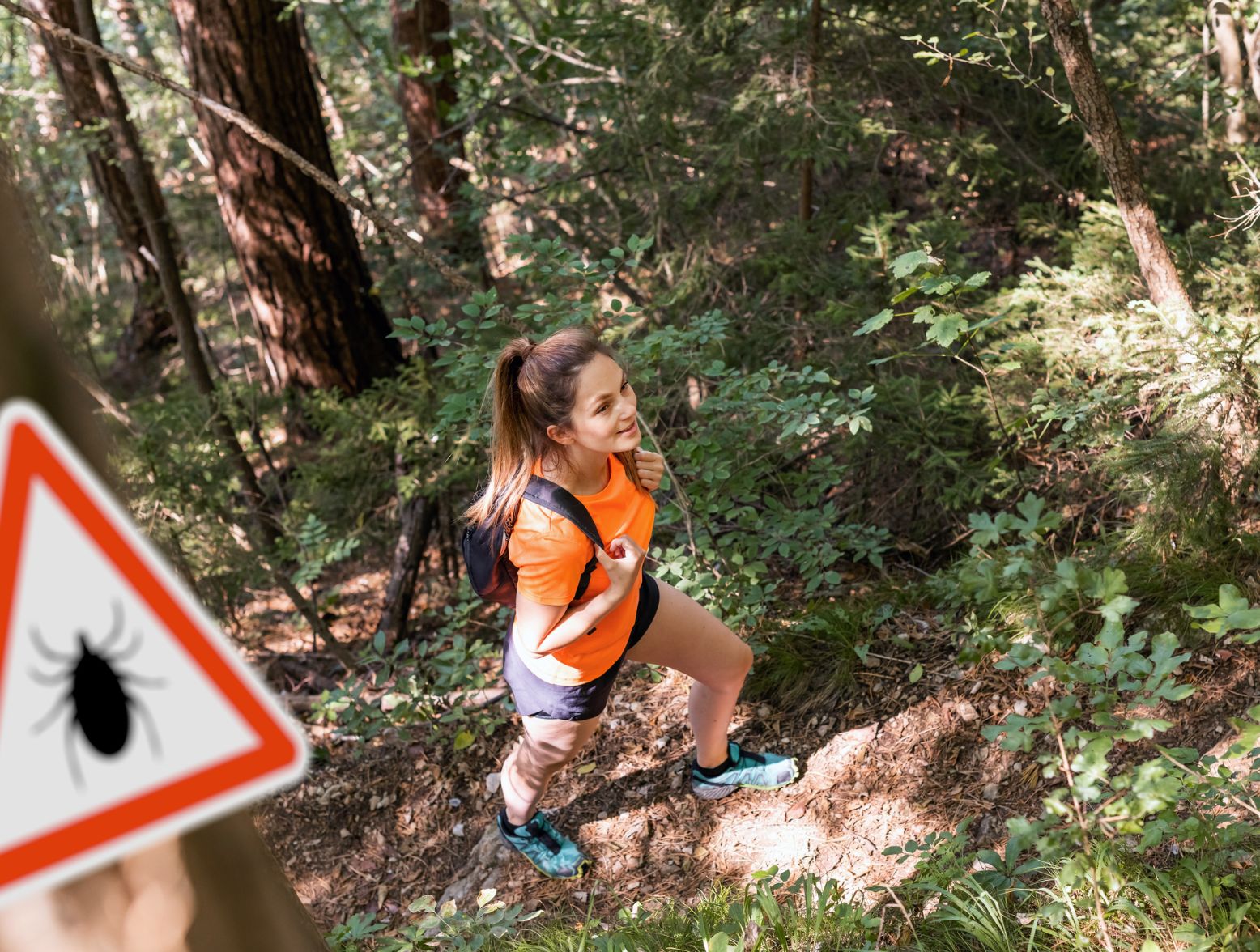
Food Poisoning
Food poisoning is super prevalent in the summer. Just think about it. If you go to a picnic, chances are, that potato salad is going to be left out in the sun a long time. So, beware what you eat at outdoor events. Also, be clean with how you handle food, cook food thoroughly, wash your hands when handling food and don't have perishable foods unrefrigerated for too long.
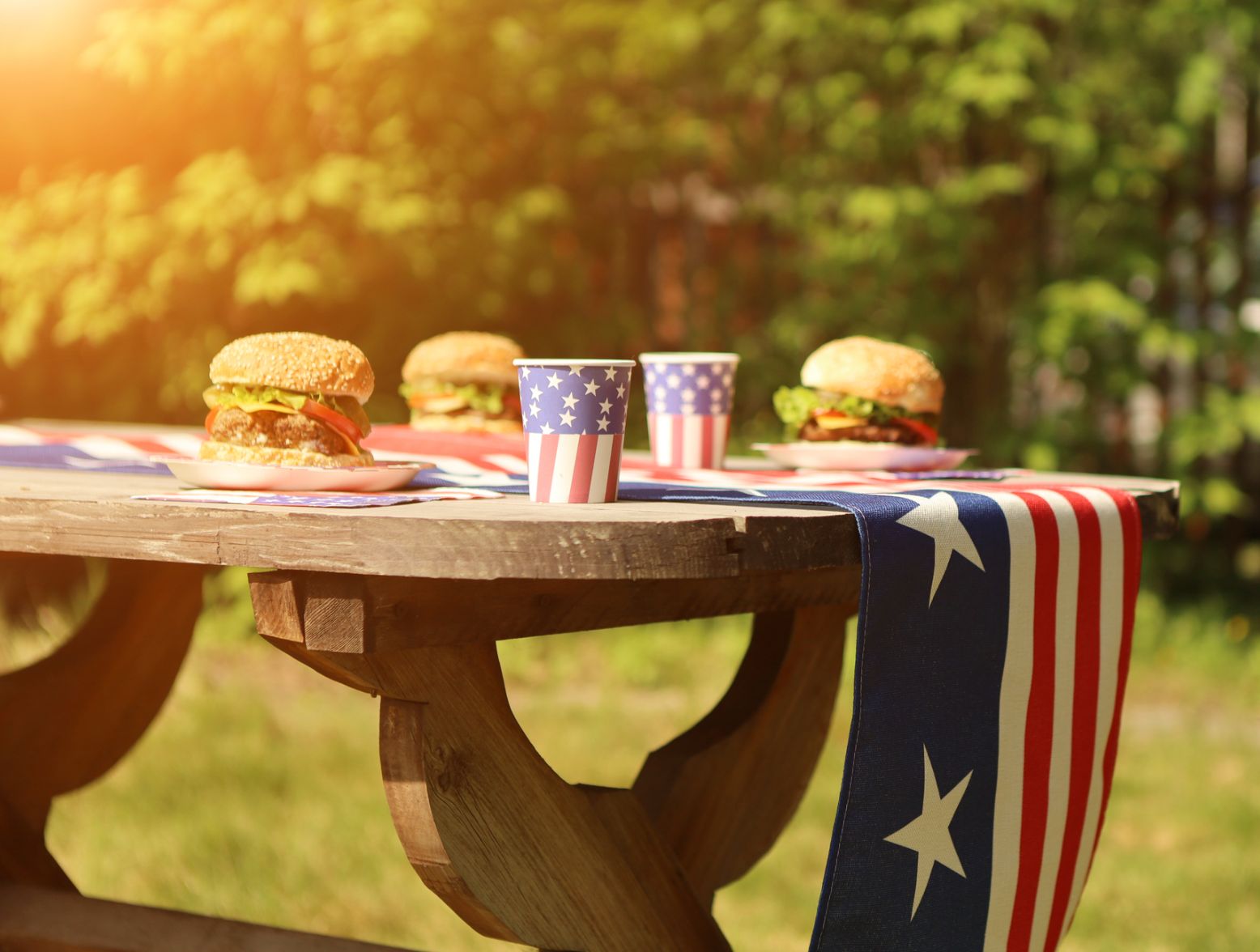 (Photo by Bruno Vincent/Getty Images)
(Photo by Bruno Vincent/Getty Images)Dehydration
Dehydration can really be serous. It sounds like no big deal, but severe dehydration can actually lead to death. Don't freak out too much, though. Severe dehydration usually happens if you are vomiting or have diarrhea for an extended time. In the summer months, however, being outside in the hot sun for too long and not drinking enough can lead to dehydration. Drink plenty of water. If you're working out, sports drinks are a good choice, too.
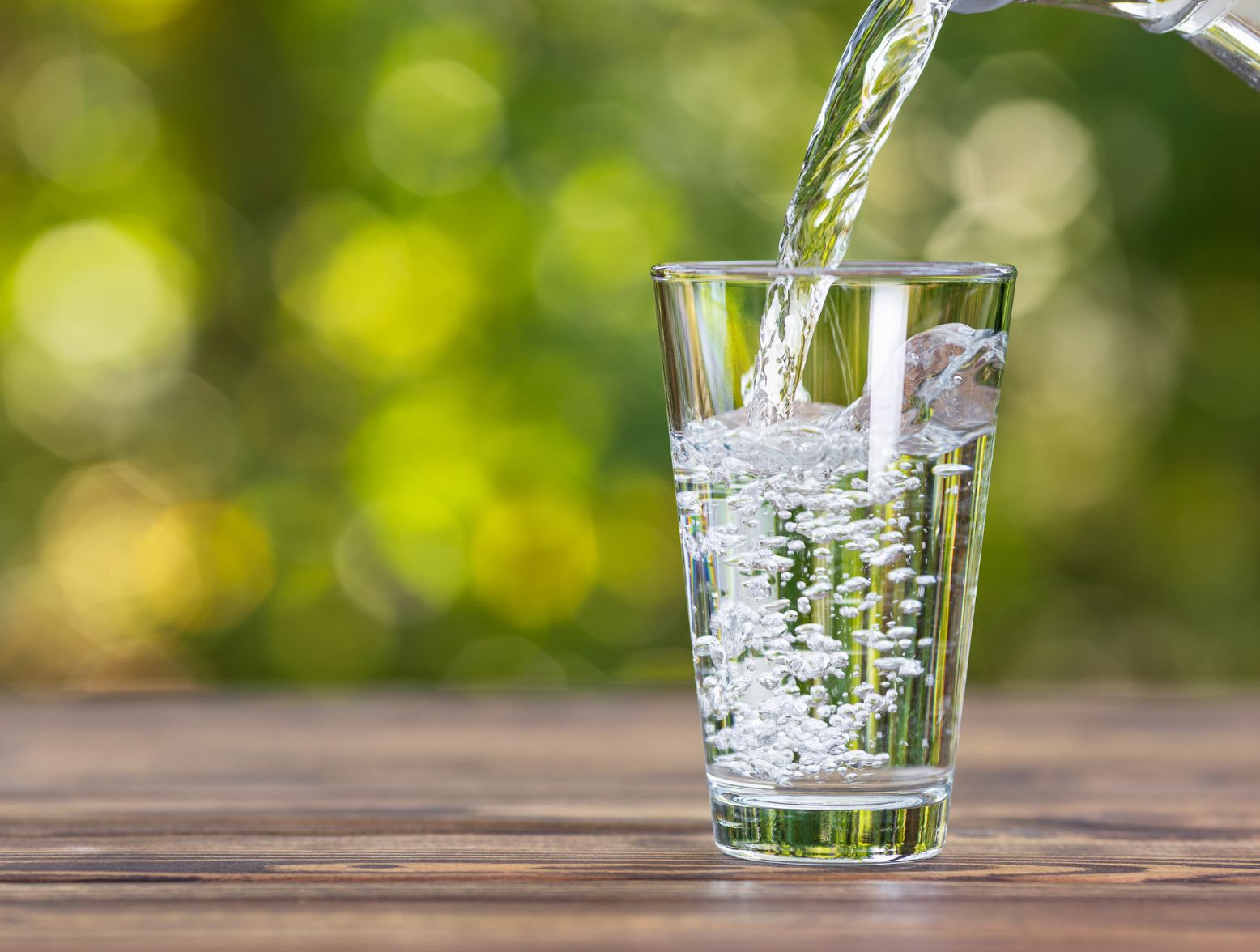
Colds
You don't just get a cold when it's cold out. "Some viruses and other bacteria thrive under the extreme heat of the sun, thus increasing your risk of infection," notes unilab.com.ph. To avoid spreading it, "Always cover your mouth when you cough and sneeze and dispose your tissues in the right receptacle."
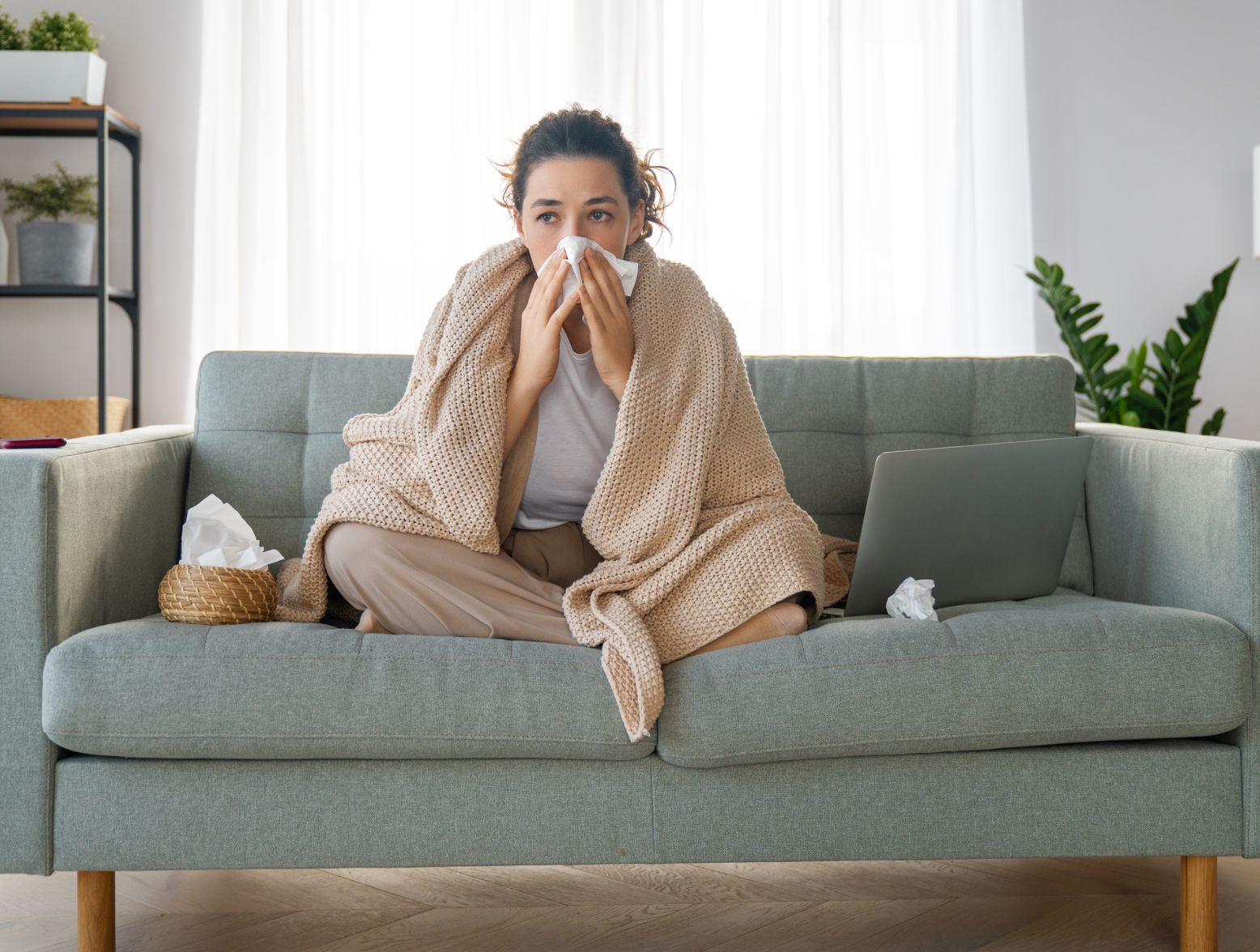
Flu
The flu often ticks up in the winter, but it's around in the summer, too. Often times, if people are traveling and in close areas, the flu virus can spread. To avoid it, the CDC suggests to get vaccinated, practice good hand hygiene and avoid close contact with sick people.
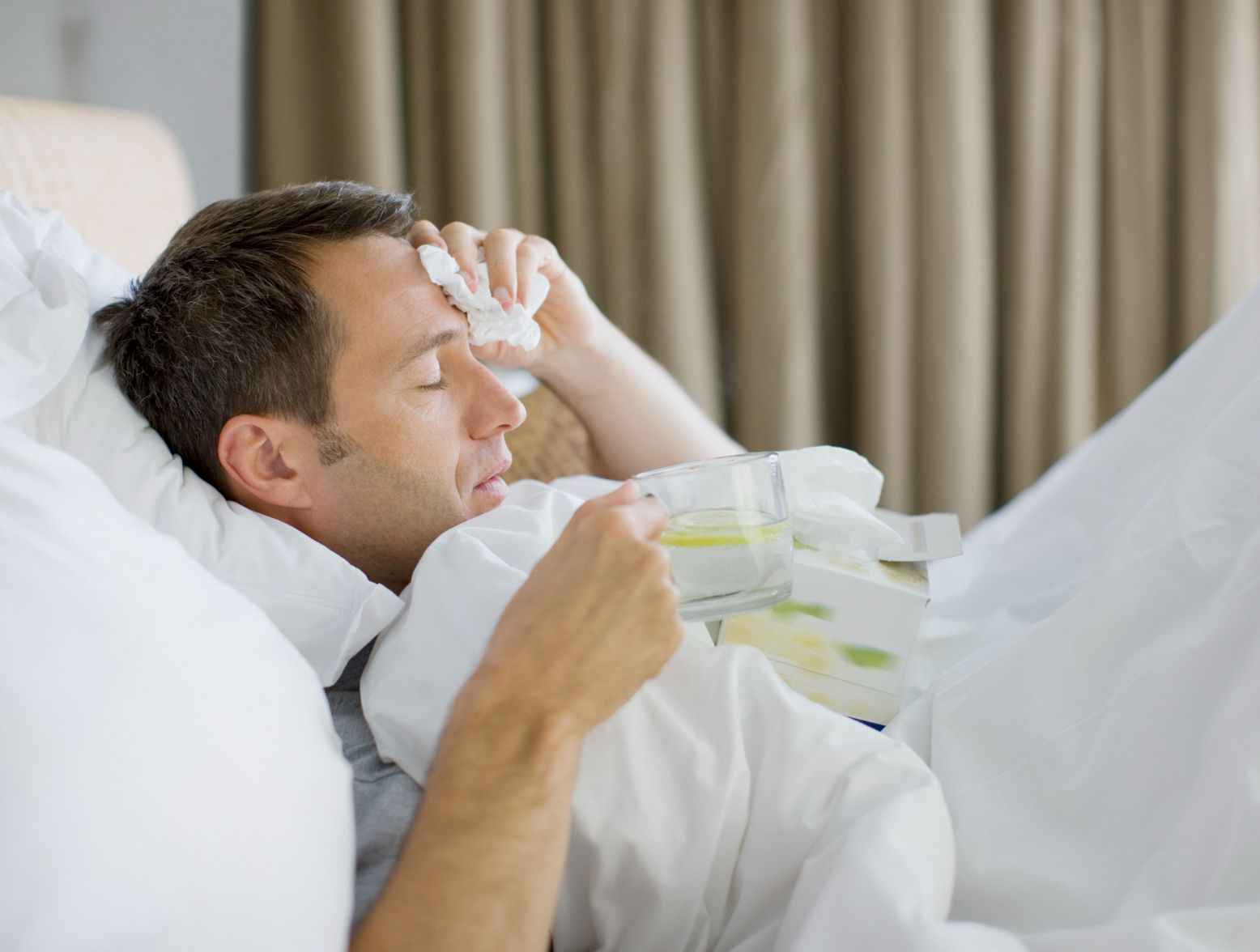
Getty Images / Paul-Bradbury
Enterovirus
Enterovirus is commonly called the "summer flu." It can cause fever, coughing, runny nose and nausea. It can also cause a rash, like with hand-foot-and-mouth disease. To prevent it, as always, good hygiene is key.
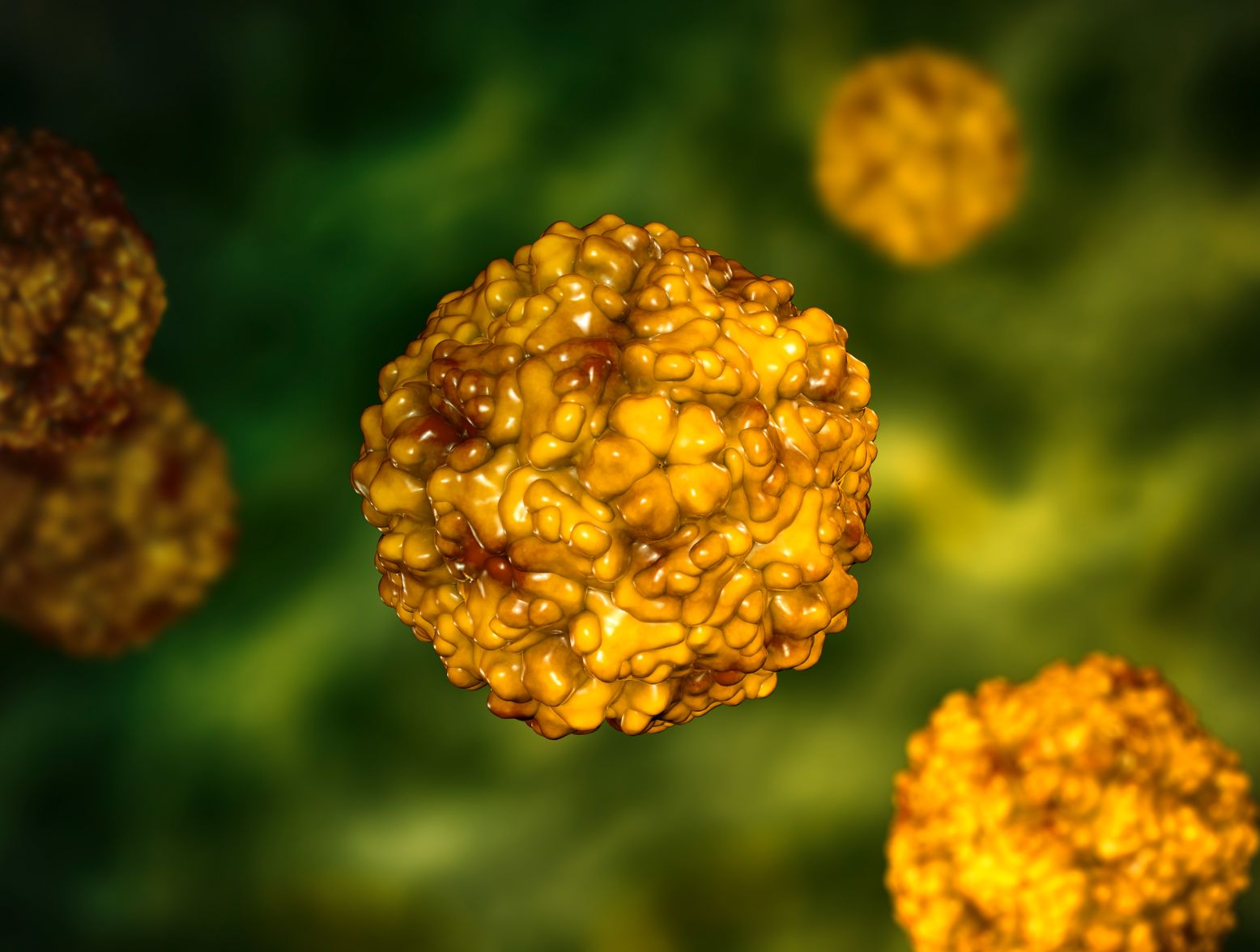
Getty Images / Dr_Microbe
More tips to avoid getting sick
"Frequent hand washing and avoiding exposure to people who are sick with fever can help prevent the spread of infection," Dr. Michael Pichichero, a pediatrician and infectious disease researcher at the Rochester General Hospital Research Institute in New York, tells Newsinhealth.nih.gov. Dr. Pichichero adds that the best way to avoid getting sick is to block viral transmission. You can get sick by coming into direct contact with an infected person's respiratory secretions, such as saliva or mucus, so the frequent hand washing really helps. Also, protect yourself from the sun and beware of picnics where food that's left out in the sun can go bad.
